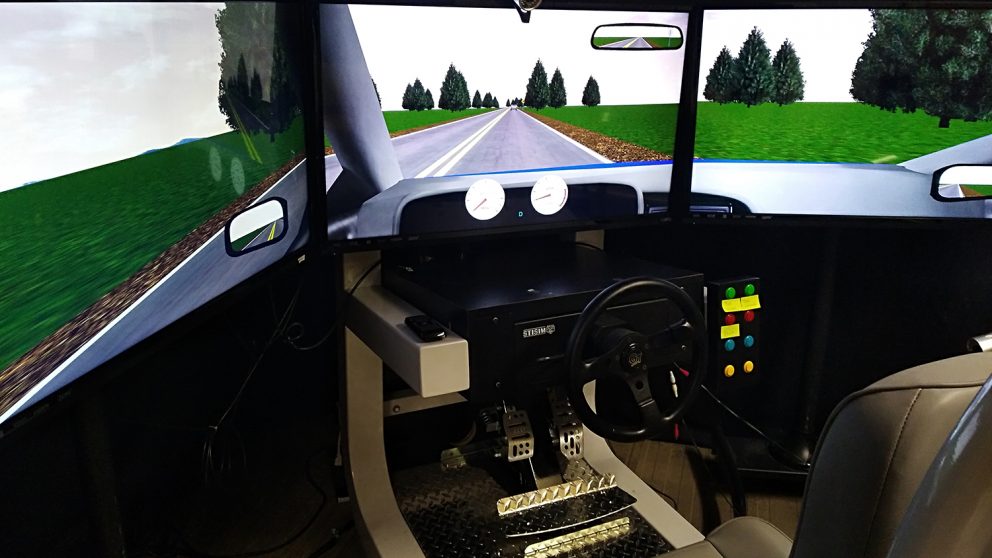Study Finds Driving Speed Affected When a Driver’s Mind ‘Wanders’

Research from NC State psychologists finds that driving speed fluctuates more when a driver’s mind wanders from focusing on the act of driving — and that the outside environment influences how often a driver’s mind wanders.
“As autonomous and semi-autonomous technologies take over some driving tasks, drivers are likely to experience increased boredom because they will have less to do, which makes it important to understand what contributes to ‘mind wandering’ for drivers, and how that affects driver performance,” says Michal Geden, a Ph.D. candidate in psychology at NC State and the lead author of a paper on the work. Mind wandering is thinking about anything other than driving.
“This study tells us that mind wandering affects how variable the driving speed is when people drive, which has safety implications,” Geden says. “It also tells us that perceptual load affects mind wandering.”
Perceptual load refers to the amount of information in the environment that the driver needs to process. For example, driving in a sparsely-populated desert environment offers a lower perceptual load than driving in a busy, urban area.
For this study, researchers conducted an experiment with 40 drivers using a driving simulator. During low perceptual load conditions, drivers reported that their minds were wandering 50 percent of the time. But during high perceptual load conditions, drivers reported mind wandering only 41 percent of the time.
And during times that drivers reported mind wandering, the researchers saw increased variability in driving speed.
“There is a great deal of research on external distractions, such as talking on your phone while driving,” says Jing Feng, an assistant professor of psychology at NC State and corresponding author of the paper. “However, not much work has been done on allowing one’s mind to wander while driving. As technologies take over more driving tasks, we may become more likely to let our minds wander. We should know what that might mean for vehicle safety, and this study is one step in that direction.”
The paper, “The impacts of perceptual load and driving duration on mind wandering in driving,” is published in the journal Transportation Research Part F. The paper was co-authored by Ana-Maria Staicu, an associate professor of statistics at NC State.
- Categories:


